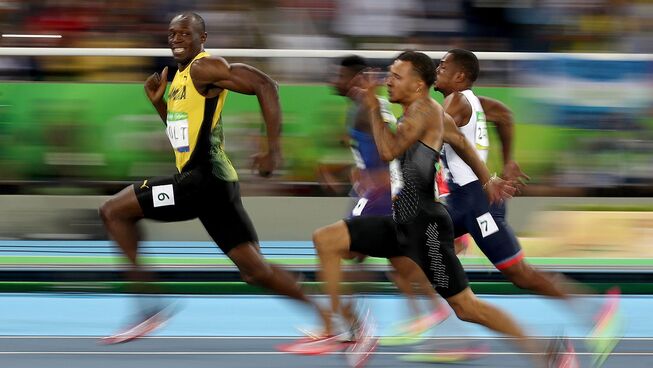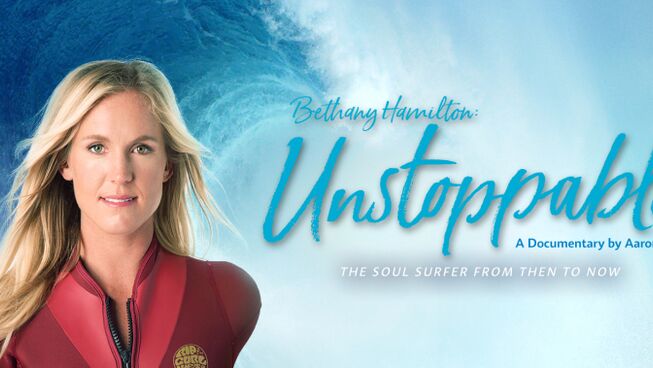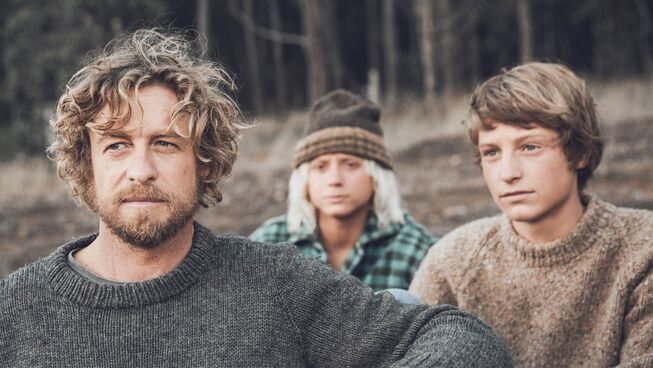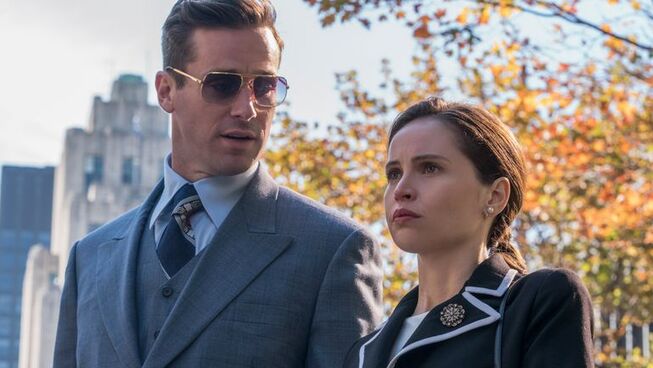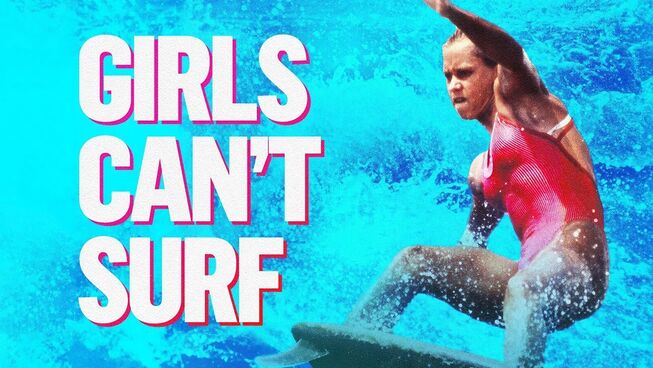
4 out 5 stars
As far back as the 1980s, female surfers were not allowed to compete on the big waves simultaneously as the men despite having the same surfing abilities. This was due to the surfing administrators and sponsors feeling that women were less of a drawcard for fans. Consequently, a group of talented young women began challenging the male-dominated surfing culture and industry's status quo. Seen through the eyes of numerous surfing legends that ranged from Jodie Cooper to Frieda Zamba. These two plus Pauline Menczer, Lisa Andersen, Pam Burridge, Wendy Botha and Layne Beachley proved that their resolve was unrelenting.
The slow battle for recognition did not reach eventual parity in prize money winnings until 2019. This came after years of work that culminated in response to two junior champions' social media posts. Rage, disgust and disappointment came when surfer Zoe Steyn's prize money was half of her male counterpart, Rio Waida. From this one instance, things finally began to change.
The women in Girls Can't Surf were not just fighting for equality in the sport of competitive surfing. They managed to address the much bigger problem of gender inequality in society. Despite the sponsors recognising the potential to promote female talent, long before the sporting body did. The leadership still did nothing to further their gender-equality cause other than making money for themselves.
One of the disgraceful outtakes from the documentary is that it took 40 years for these strong and talented women to achieve equality for the younger talent coming through now. Recognition and prize-money parity were eventually achieved, even though it took so long to occur.
One of the other questions considered in this documentary is why performance is gender-based when it should be merit-based? This can be applied in any atmosphere like work, school, sport or life. We are challenged to know the reason for this cultural 'glass ceiling.'
As the father of two girls, this documentary really hit home for this reviewer. As an advocate for my daughters and for women's rights in general, it is infuriating to think that this is an issue in modern society. Girls Can't Surf is an excellent example of the long-suffering passion that can effect change in one area of our culture and impact the greater community along the way.
REEL DIALOGUE: Pursuing your dreams regardless of the opposition
Many of the women in this film have gone on to be some of the world's top surfers. They have worked to gain parity in earnings, but they remained top of their sporting field while they fought this fight—women who were striving for their dreams of being the best surfers in the world.
Even though most of us may never achieve this level of fame and notoriety, this should not dissuade people from pursuing their dreams. From a Christian position, goals and objectives are not merely for the individual. The actual source for these pursuits finds their roots in God and his purposes for life. In scriptures like Psalm 139 it states that we are fearfully and wonderfully made by God, which moves our lives from ordinary to extraordinary. Not because of who we are, but because of the God who is the author and director of our lives.
A question that may arise from this film may be about your dreams and pursuits, but how do we discern their origin? The best place to start is to ask these questions of God through prayer and engaging with the Bible. He does not promise that you will achieve your goals and dreams. There is a guarantee that his plan will come to fruition for those who believe in God and commit them to Him.
Commit to the Lord whatever you do, and he will establish your plans. Proverbs 16:3


